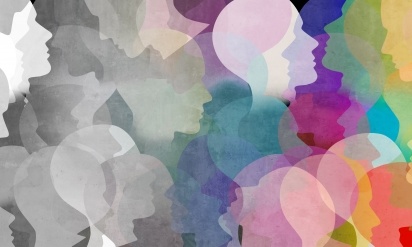Top 7 Books that Will Help You Understand Humanity
Thanks for the inspiration to (re)create this list, Ula!
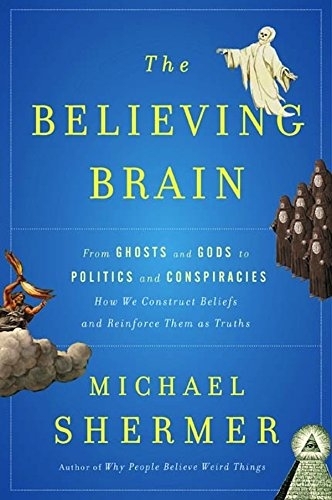
#1: The Believing Brain: From Spiritual Faiths to Political Convictions: How We Construct Beliefs and Reinforce Them as Truths
I’ll start with one of my favorite books of the last decade (plus). While the book was written in 2011, its content is still as valid as it gets. In “The Believing Brain,” Shermer explains how our brains evolved to look for patterns and how this feature of the human mind is the reason behind many of today’s global problems. You’ll learn why we believe — in God, placebo, political parties, ideologies, conspiracy theories, ghosts, and all the other (not so) crazy things people believe. This book is a great starting point if you want to understand how the human mind works and where the extremism and fanatism of today come from.
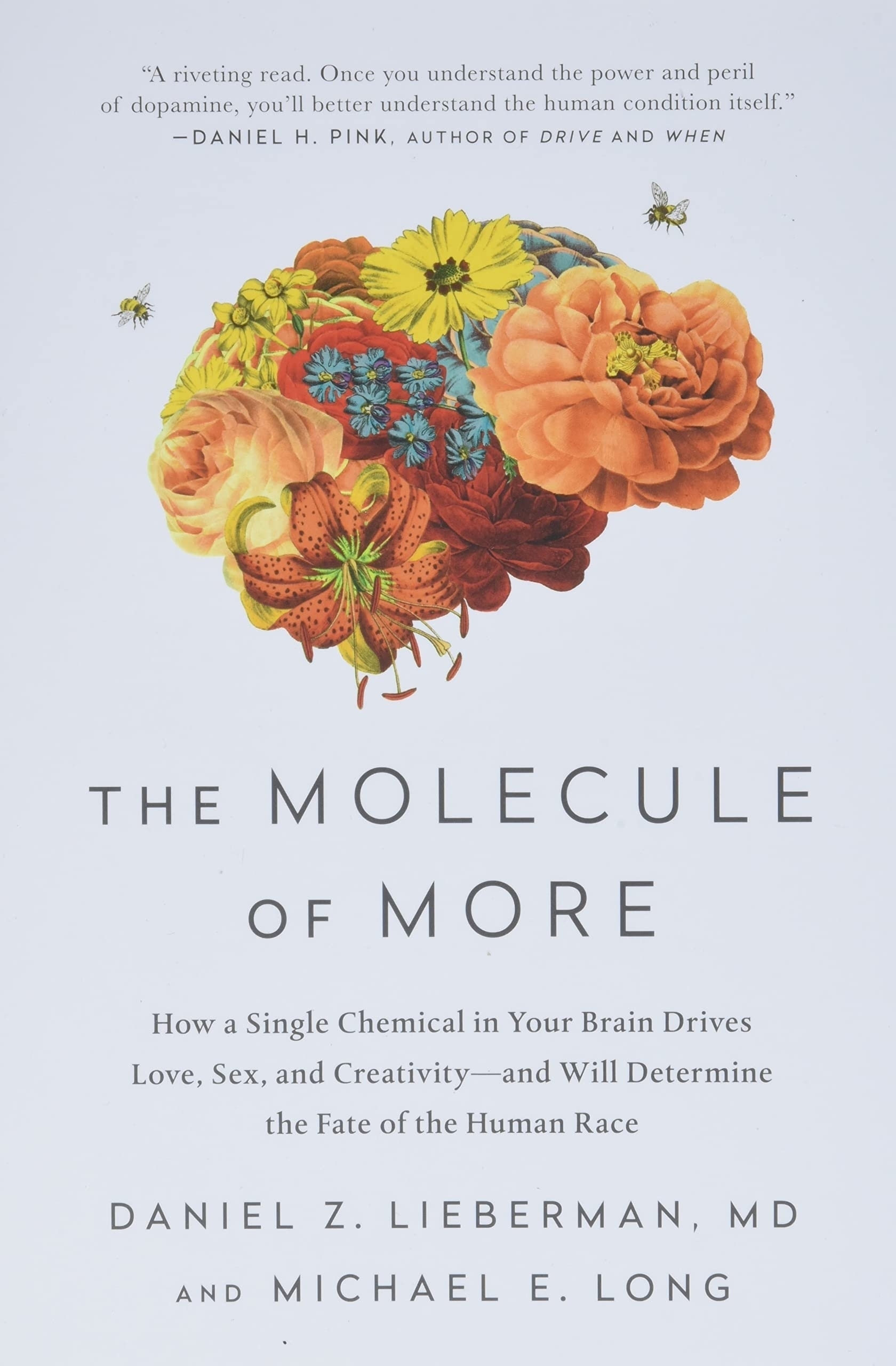
#2: The Molecule of More: How a Single Chemical in Your Brain Drives Love, Sex, and Creativity — and Will Determine the Fate of the Human Race
If you’ve read my previous post with book recommendations, you will have heard of this one. It’d probably be my #1 if I had to select just one book read this year.
“The Molecule of More” is a pop-neuroscientific look at dopamine and its influence on human behavior. Now, if you’re anything like me, you’ve heard about dopamine before, and you know it’s one of the happiness neurotransmitters. Well, apparently, the story isn’t that simple. Liberman and Long explain how dopamine helped our species survive and thrive; and how it’s responsible for our unhappiness and addiction, creativity, innovation, and even political views.
Human behavior will never make as much sense as it will after you read this book.
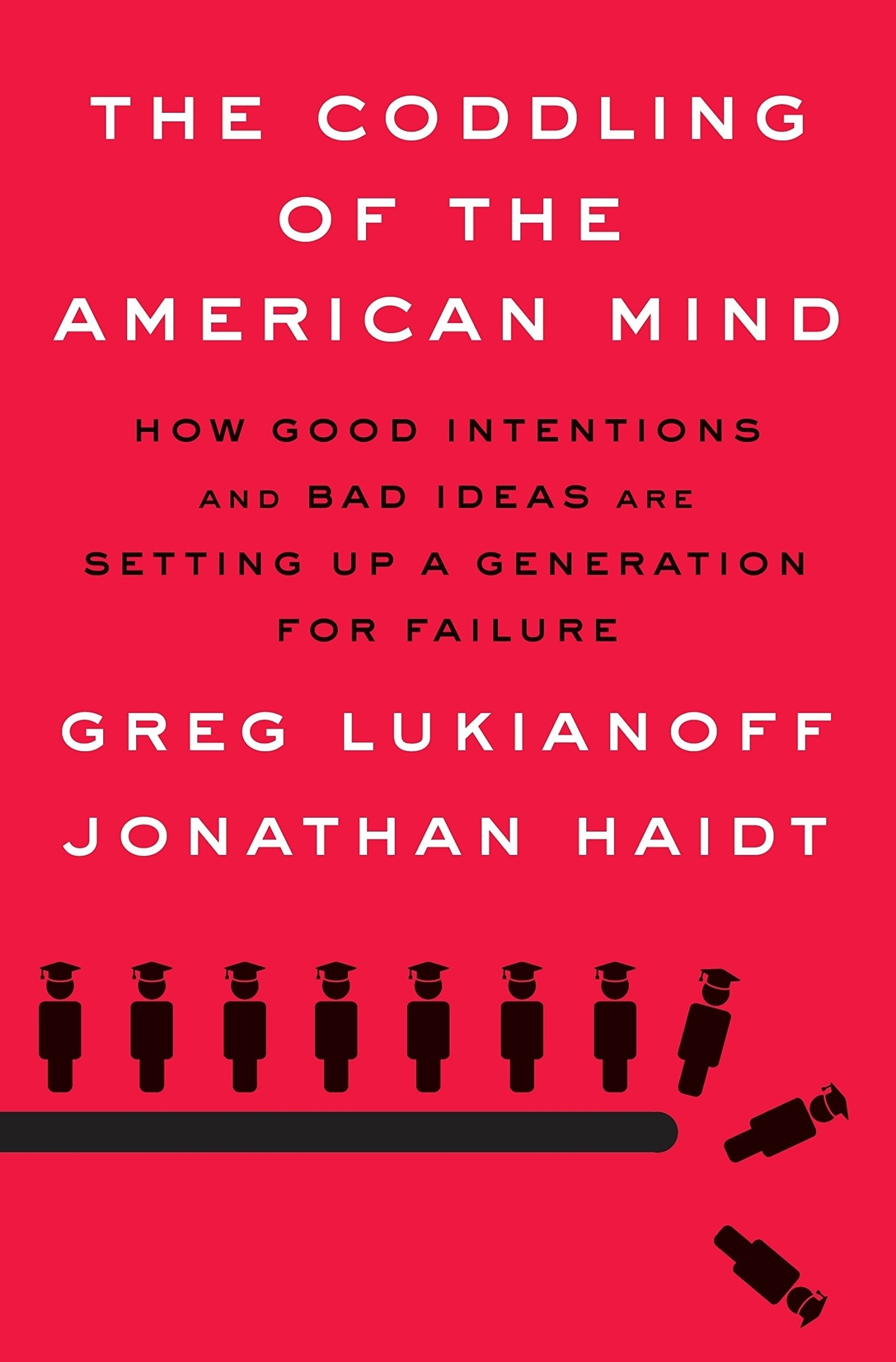
#3: The Coddling of the American Mind: How Good Intentions and Bad Ideas Are Setting Up a Generation for Failure
This book is obligatory for anyone who wants to understand why the current world is as it is. While the book relies heavily on what’s happening on US college campuses, the issues Lukianoff and Haidt discuss aren’t unique to the USA. The authors make a case that we now live in a culture of “safetism” where we’re losing the ability to interact with people who have different beliefs and opinions from us. They describe six socio-cultural trends that make us, showing how we’re doomed if we don’t stop living in our comfortable and homogenous bubbles.
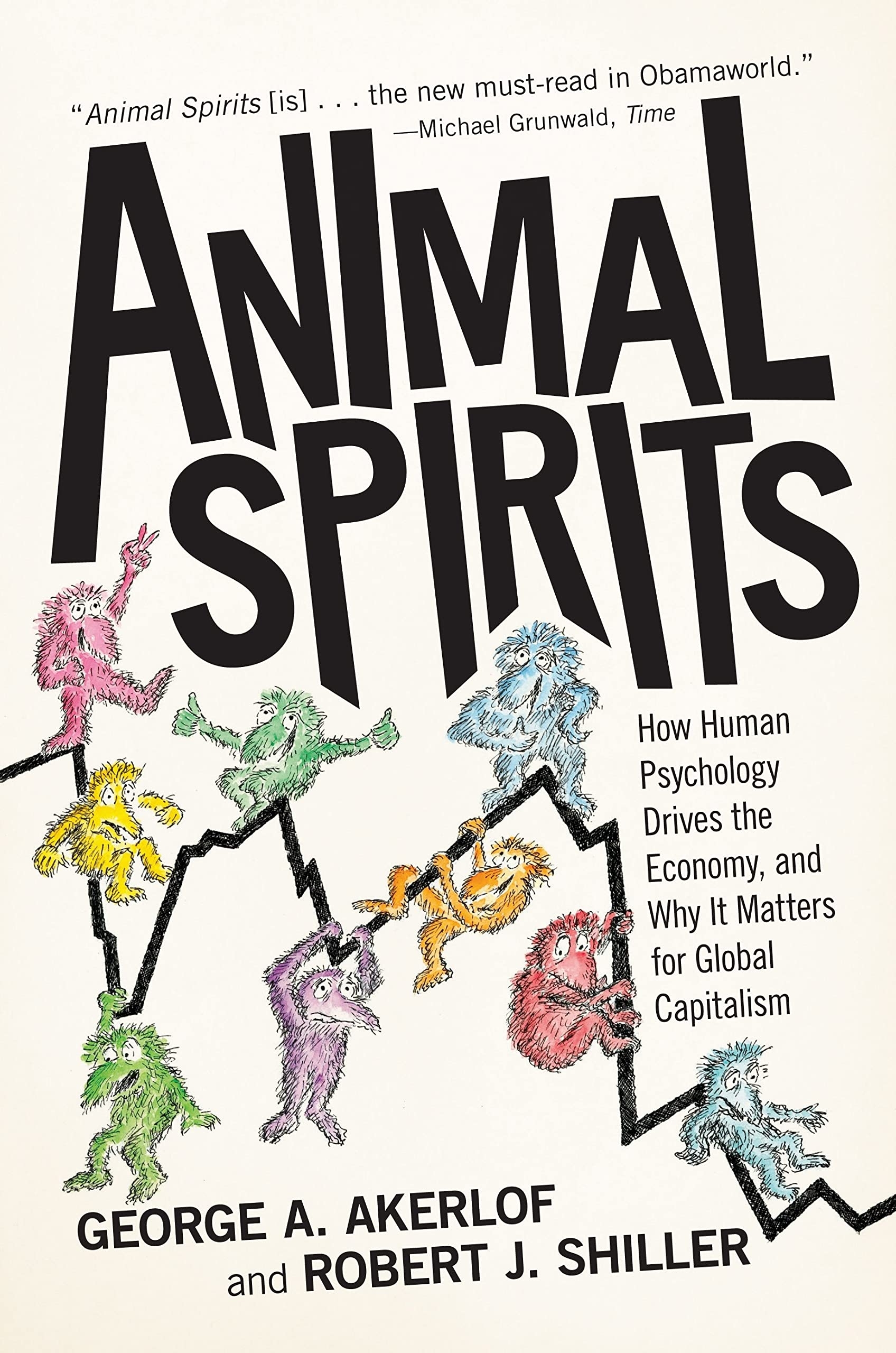
#4: Animal Spirits: How Human Psychology Drives the Economy, and Why It Matters for Global Capitalism
This is a little gem from a few years ago, but if you haven’t read it yet, it’s definitely worth your time. Akerlof and Shiller explain how economists tend to ignore the importance of behavioral factors such as fairness, confidence, or money illusion because their effects are difficult to model and quantify. They explain how these “animal spirits” influence our economic decision-making and explain how they cause markets to go through booms, bubbles, and crashes. If you know me, you know I’m one of the last people to read an economic book, but this is, first and foremost, a behavioral book. Highly recommended.
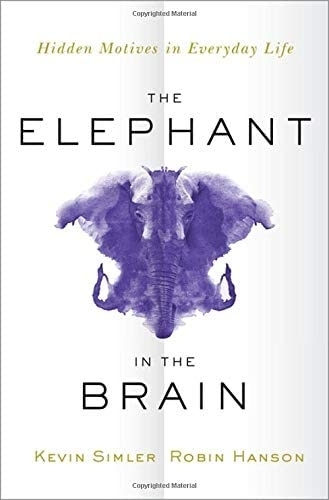
#5: Elephant in the Brain: Hidden Motives in Everyday Life
This book explores self-deception and hidden motives in human behavior. The central thesis Simler and Hanson put forward is that we are often unaware of the real reasons for our actions. Our behaviors are optimized for living in social groups. From the point of view of natural selection, it’s helpful that we’re unaware of our real motivations. “Elephant in the Brain” covers some of my favorite topics, such as self-deception, signaling, and conspicuous consumption. The authors cover topics such as education, charity-giving, art, medicine, religion, and many others and explain why the real reasons behind our behavior aren’t what we think.

#6: Spiral Dynamics: Mastering Values, Leadership and Change
Another oldie but goodie. “Spiral Dynamics” describes eight levels of development. Let’s call it the development of human consciousness or ego. Beck and Cowan’s theory applies to individuals (from infants to retirees) as well as groups of people, such as organizations or countries. In “Spiral Dynamics,” you’ll find answers to questions such as:- Why, how, and when do people work together, and when do they get into conflicts?
- Why are some cultures (and individuals) more religious than others?
- Why do some people spend their lives pursuing money while others devote their lives to helping others?
- Why do some companies live by procedures and rules while others welcome independence, flexible work and encourage employees to devote some of their work time to pursue their own projects?
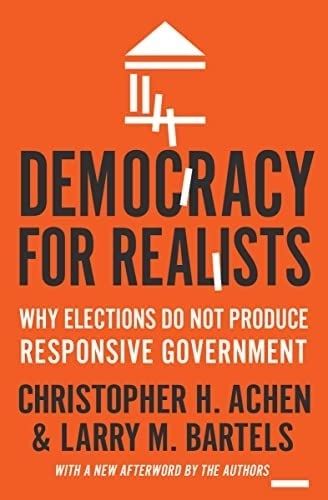
#7: Democracy for Realists: Why Elections Do Not Produce Responsive Government
I’ll start by saying something possibly very controversial: For the last several years, I’ve wondered why we choose heads of countries, including presidents and ruling parties (i.e., prime ministers), via public voting. Why doesn’t someone first review the candidates’ competencies, look at their resumes, interview them and verify whether they have sufficient knowledge to do their job well? We do that for literally any other job in the world, but not for the most important job in a country.
“Democracy for Realists” is an eye-opening look at the data on democracy and what makes it so (in)effective. Achen and Bartel how and why most voters are inadequately informed and don’t have strong policy preferences. They also explain how group loyalties and social identities influence our political decision-making and the implications of all these challenges to democracy.



